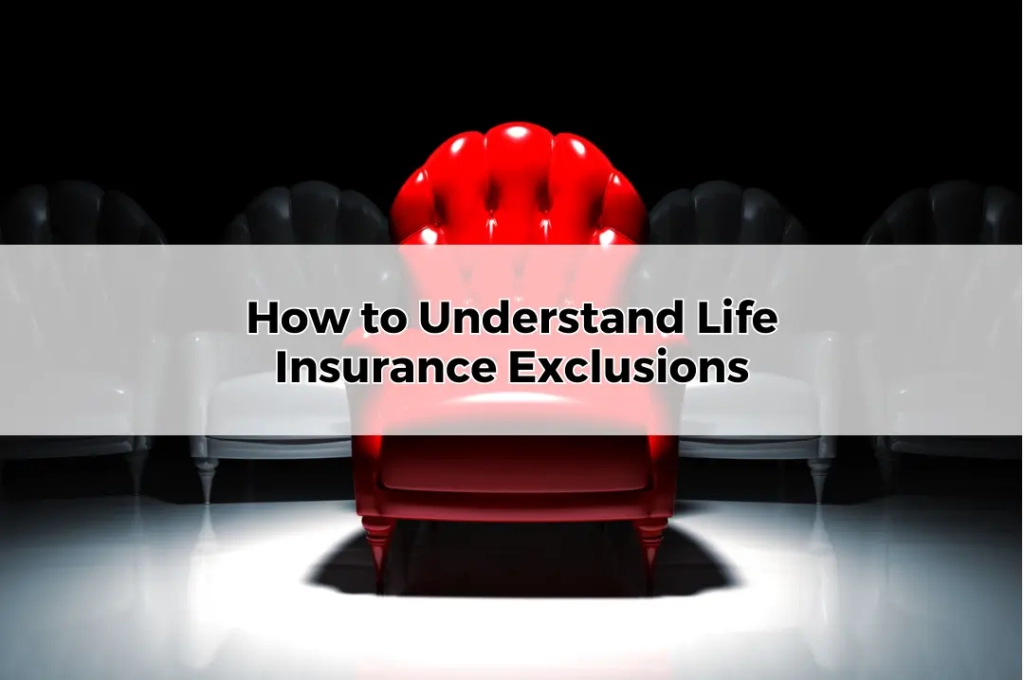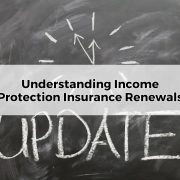How to Understand Life Insurance Exclusions
Table of Contents
ToggleLife insurance is a cornerstone of comprehensive financial planning, providing peace of mind by ensuring that loved ones are financially protected in the event of the policyholder’s death. However, while many Australians secure life insurance policies with this in mind, a critical aspect often overlooked is the policy’s exclusions. Understanding these exclusions is paramount to ensuring that your life insurance policy aligns with your expectations and offers the coverage you anticipate. In this article, we delve into the intricacies of life insurance exclusions, helping you to make informed decisions about your coverage.
What Are Life Insurance Exclusions?
Life insurance exclusions refer to specific conditions or circumstances under which an insurer may deny a claim. These exclusions are outlined in the policy documents and are crucial in determining the scenarios where the insurance provider is not obligated to pay out benefits. Exclusions can be based on a variety of factors, including the policyholder’s health, lifestyle, or activities. Knowing what is excluded from your life insurance policy is just as important as understanding what is covered, as it directly impacts the protection you are purchasing.
Types of Common Life Insurance Exclusions
There are several common exclusions that most life insurance policies share. Pre-existing medical conditions are among the most frequent, often leading to partial or full exclusion of coverage related to those conditions. High-risk activities and occupations, such as extreme sports or hazardous jobs, are also commonly excluded due to the increased likelihood of injury or death. Additionally, many policies include exclusions for death by suicide or self-harm, particularly within the first few years of the policy. Understanding these standard exclusions is essential when evaluating the comprehensiveness of a life insurance policy.
Understanding Pre-Existing Medical Condition Exclusions
Pre-existing medical conditions are typically defined as any health issues that existed before the start of the life insurance policy. Insurers use these exclusions to mitigate the risk associated with insuring individuals who have a higher probability of claiming due to their health history. When applying for life insurance, full disclosure of your medical history is crucial, as failure to do so can result in denied claims or policy cancellation. It’s important to understand how your medical conditions might affect your policy and to discuss potential exclusions with your financial adviser to ensure you are adequately covered.
High-Risk Activities and Occupation Exclusions
Life insurance policies often exclude coverage for individuals who engage in high-risk activities or work in dangerous occupations. Activities such as skydiving, scuba diving, or mountaineering, and jobs like firefighting or mining, are typically considered high risk. Insurers may either exclude coverage for these activities entirely or charge higher premiums to cover the increased risk. If you participate in such activities or work in a high-risk job, it’s vital to discuss these factors with your financial adviser to explore available options that may provide the necessary coverage, even with these risks involved.
Suicide Exclusion Clauses
Most life insurance policies contain a suicide exclusion clause, which typically applies within the first 12 to 24 months of the policy’s commencement. This means that if the policyholder dies by suicide within this period, the insurer is not required to pay out the death benefit. The rationale behind this exclusion is to prevent individuals from purchasing life insurance with the intent of using it to provide for their beneficiaries shortly before taking their own lives. Understanding the specifics of this clause, including the duration and conditions, is crucial for policyholders and their families.
Exclusions Related to Drug and Alcohol Use
Substance use is another common exclusion in life insurance policies. Insurers may deny claims if the policyholder’s death is directly linked to drug or alcohol abuse. This exclusion is particularly important for individuals with a history of substance use, as it can significantly impact the validity of a claim. Policies may vary in how they define and apply these exclusions, so it’s essential to review the terms carefully. If substance use is a concern, discussing it with your adviser can help you find a policy that provides appropriate coverage.
Travel and Residency Exclusions
Some life insurance policies include exclusions based on the policyholder’s travel habits or residency. This is particularly relevant for individuals who frequently travel to or reside in countries that are considered high risk due to political instability, health risks, or other factors. These exclusions can affect coverage if the policyholder dies while in a location deemed risky by the insurer. For expatriates or frequent travellers, understanding these exclusions is critical. It’s advisable to work with a financial adviser to find policies that offer the necessary coverage regardless of travel or residency.
War and Terrorism Exclusions
War and terrorism are often excluded from life insurance coverage, as these events are considered unpredictable and pose a significant risk to insurers. If a policyholder dies as a result of war or terrorist activities, the insurer may not pay out the death benefit. This exclusion is particularly relevant for individuals living in or travelling to regions with a high risk of such events. Understanding the scope of these exclusions and considering their potential impact on your coverage is important, especially if you live or work in high-risk areas.
Exclusions Based on Policyholder Behaviour
Life insurance policies may also include exclusions related to the policyholder’s behaviour, such as involvement in criminal activity or fraudulent actions. If a policyholder engages in illegal activities or misrepresents information on their insurance application, the insurer may deny claims. Non-disclosure of relevant information, whether intentional or accidental, can also lead to exclusions. It’s crucial to provide accurate and complete information when applying for life insurance and to understand the potential consequences of misrepresentation.
Reviewing and Understanding Your Policy
Thoroughly reviewing your life insurance policy is essential to ensure that you fully understand the exclusions and how they may impact your coverage. Take the time to read through the policy documents and ask your financial adviser any questions you might have. Key areas to focus on include the list of exclusions, the conditions under which they apply, and any clauses that might affect your coverage. By gaining a clear understanding of your policy’s terms, you can make informed decisions about your life insurance needs.
Seeking Professional Advice
Navigating the complexities of life insurance exclusions can be challenging, which is why seeking professional advice is highly recommended. A financial adviser, particularly one with expertise in life insurance, can help you understand the nuances of different policies and how exclusions might affect you. They can guide you in selecting a policy that provides the coverage you need while helping you avoid potential pitfalls. By working with a specialist, you can ensure that your life insurance policy is tailored to your specific circumstances, providing peace of mind for you and your loved ones.









